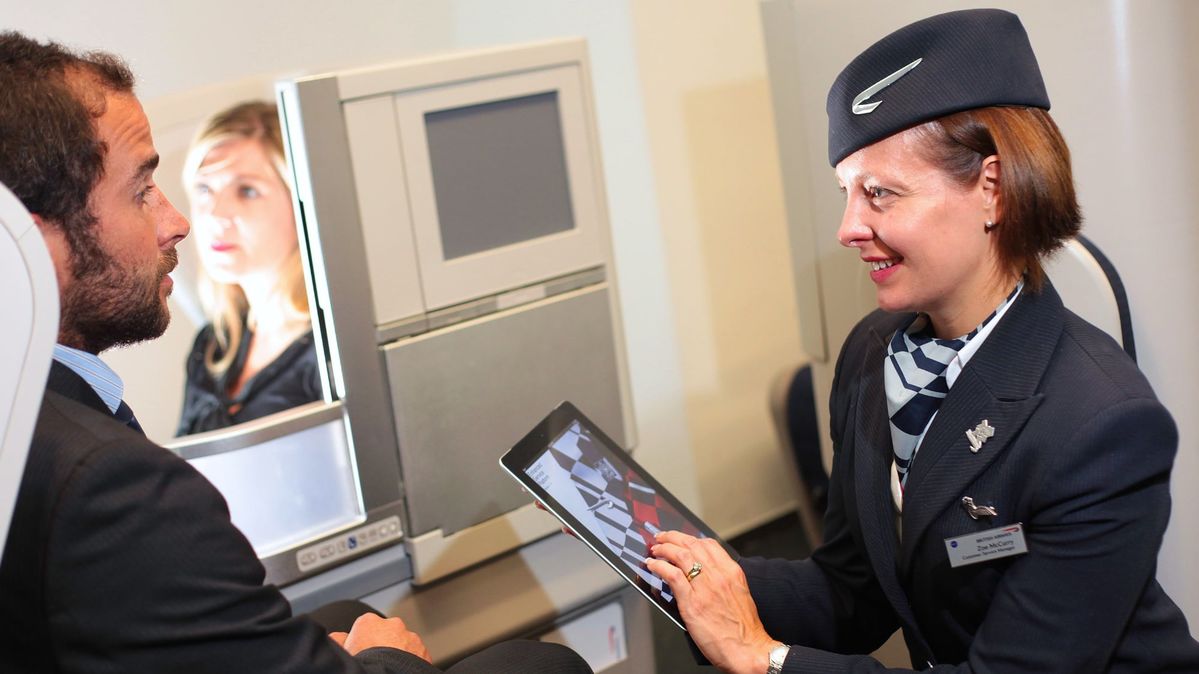British Airways, Heathrow Airport ditch face masks
BA is the largest airline to declare face masks are now optional rather than mandatory.

London’s Heathrow Airport, British Airways and Virgin Atlantic Airways are dropping mask requirements as the country scraps remaining Covid-19 travel curbs.
Masks will no longer be needed in Heathrow terminals, rail stations or office buildings from Wednesday March 16, the airport said in a statement. British Airways and Virgin will also drop face-covering requirements on flights to destinations where their use is no longer mandated.
The airlines’ move follows a recent decision by the UK government to lift all coronavirus restrictions as part of Prime Minister Boris Johnson’s plan to get the country to learn to live with the coronavirus.
British airline Jet2 was the first UK carrier to scrap mandatory face masks for passengers following the easing of laws, declaring it was “no longer a legal requirement to wear a face mask at our airports or onboard our planes.”
Friday 18 will also see the country drop all pandemic-related travel restrictions, including testing requirements for unvaccinated passengers and the passenger locator form for inbound travellers.
So could ‘barefaced’ flying once again the norm, or at least a matter of personal choice, in Australian skies? That’s up to state and federal governments, not the airlines.
As is the case with British Airways and Virgin Atlantic, it was only after the UK government deemed made face masks no longer mandatory that airlines had the flexibility to develop their own policy.
For Australian airlines, masks were at first “strongly encouraged” until individual states began to make them compulsory in the face of Covid-19 outbreaks.
While Regional Express went it alone on making masks mandatory on all Rex flights from 1 June 2020, masks became compulsory on a nation-wide basis for all airlines – as well as in airports – only in January 2021 as Australia tightened its health protocols to stamp out yet another wave of infections and guard against new strains of Covid-19 which were proving far more transmissible than their parent.
“Mask wearing should be mandatory on domestic flights for all persons in Australia as an additional preventative measure to prevent geographical spread of Covid-19,” the Australian Health Protection Principal Committee (AHPPC) noted at the time.
Those rules remain in place today, and the likes of Qantas and Virgin Australia remain beholden to them.
“It is requirement by Federal, State and Territory governments to wear masks at airports and inflight,” Qantas explains.
Speaking to journalists in Hobart last month, Qantas Group CEO Alan Joyce said that when it comes to wearing masks during flights “we know that at the moment, that is the right thing to do. It gives people confidence, allows people to get back in the air.”
“But at some stage when this disease becomes endemic, we’ll have to move away from testing when you get the back into the country and away from having masks.”
“And I hope that's sooner rather than later. But it depends on the health advice and what we see in the research about giving people confidence to travel again.”
Virgin Australia strongly encourages its passengers to follow the same Government mandates, although the airline’s position is that complying with those mandates is ultimately the responsibility of the individual.
In the case of British Airways, which returns to Sydney from March 29, masks will still need to be donned at some stage during flights to countries where they are required.
A spokesperson for Australia’s Department of Health tells Executive Traveller “the Australian Government currently requires, under the Biosecurity Act 2015, that travellers flying to Australia wear a mask for the duration of their flight, unless exemptions apply.”
In other words, BA flyers bound for Sydney via Singapore will still need to mask up before their plane departs from Heathrow.
Additional reporting by Bloomberg